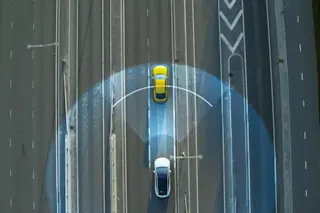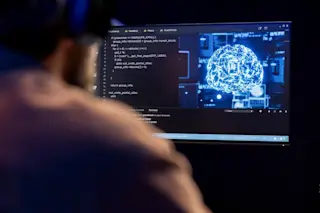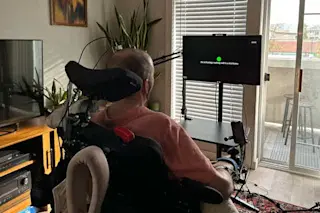One winter morning in 2015, as he left for work from his home in Silver Spring, Md., Jonathan Margulies pushed the button on his remote to close his garage door. Nothing happened. He tried again. Nothing. The motor was shot.
He ended up replacing it with a “smart” opener that not only lifted and lowered the door, but also connected to the internet. With a swipe on a smartphone, Margulies could operate the opener, and if he left the door open, the opener would send him a text. He could close it from anywhere. It’s particularly appealing to people like Margulies, who occasionally panic, in the crush of rush hour, that they’ve left their homes wide open and defenseless. To some, the smart opener may seem a godsend.
But Margulies, 36, isn’t just any consumer. For more than a decade, he’s worked as a cybersecurity expert, doing vulnerability and security ...















